The Complutense University Presents the Action Plan Against Suicide in University Students
The community of the Complutense University of Madrid is committed to providing comprehensive support to students, backing strategies to improve mental health, and now developing a protocol for the prevention of suicidal behavior.
In 2022, suicide has significantly increased among young people aged 15 to 29, the age group that includes university students. The rise in suicidal thoughts (more than 30% of university students are at risk of suicidal behavior), along with the lack of specific action strategies within the university community, has made it necessary and essential to implement prevention protocols and specific action plans.
With this goal, the Complutense University organized an event to present the Action Plan Against Suicide in University Students at the conference "What can we do from the University to prevent suicide? Breaking Taboos," held last Wednesday, May 29, at the headquarters of the Complutense Foundation in San Lorenzo del Escorial. The conference provided an overview of the mental health situation of UCM students, the resources available for this group, and highlighted the importance of quality interpersonal relationships as a key factor in addressing unwanted loneliness and preventing suicidal behavior. All of this was presented in the first draft of the Action Plan, which will be distributed to all UCM faculties soon.
This Protocol is a collaborative effort between UCM faculty and various advisory bodies. From the Department of Legal Medicine, Psychiatry, and Psychopathology at UCM and the Hospital Clínico San Carlos, the EPISAM research group led by Alejandro de la Torre Luque has been part of the advisory committee for reviewing this initial executive summary. The aim is to offer specific action strategies and information for each center on the procedure for dealing with suicidal ideation or behavior and the action plan for crisis situations via Psicall.
The goal is to know the available resources, reduce the stigma and taboos associated with suicidal behavior, and have concise strategies to mitigate its effects. For this reason, the Action Plan offers the opportunity for both faculty and students to feel supported in seeking help; a skill we can develop as a community.

